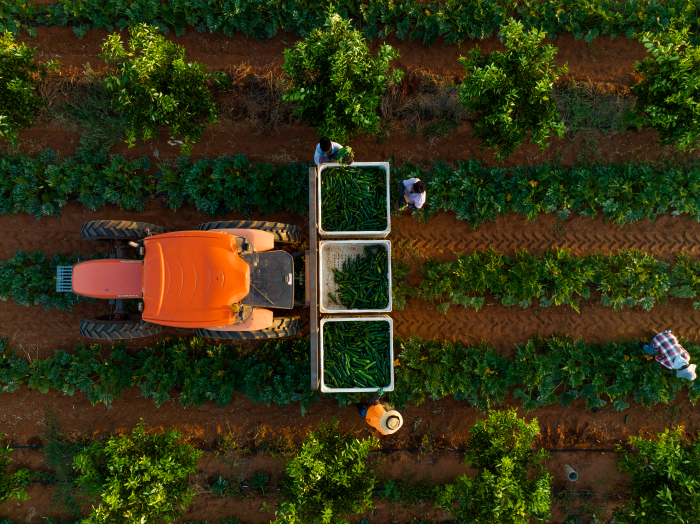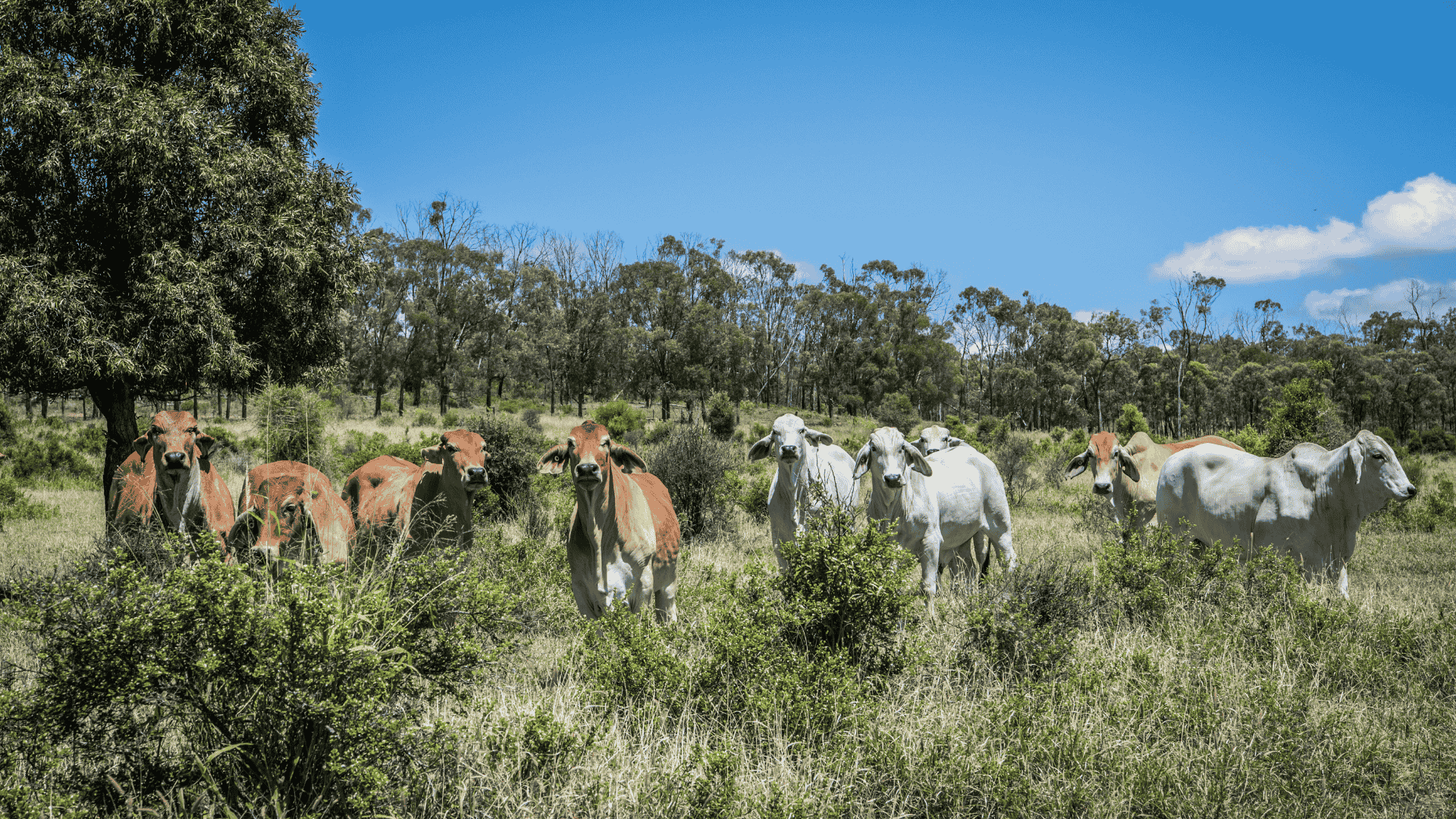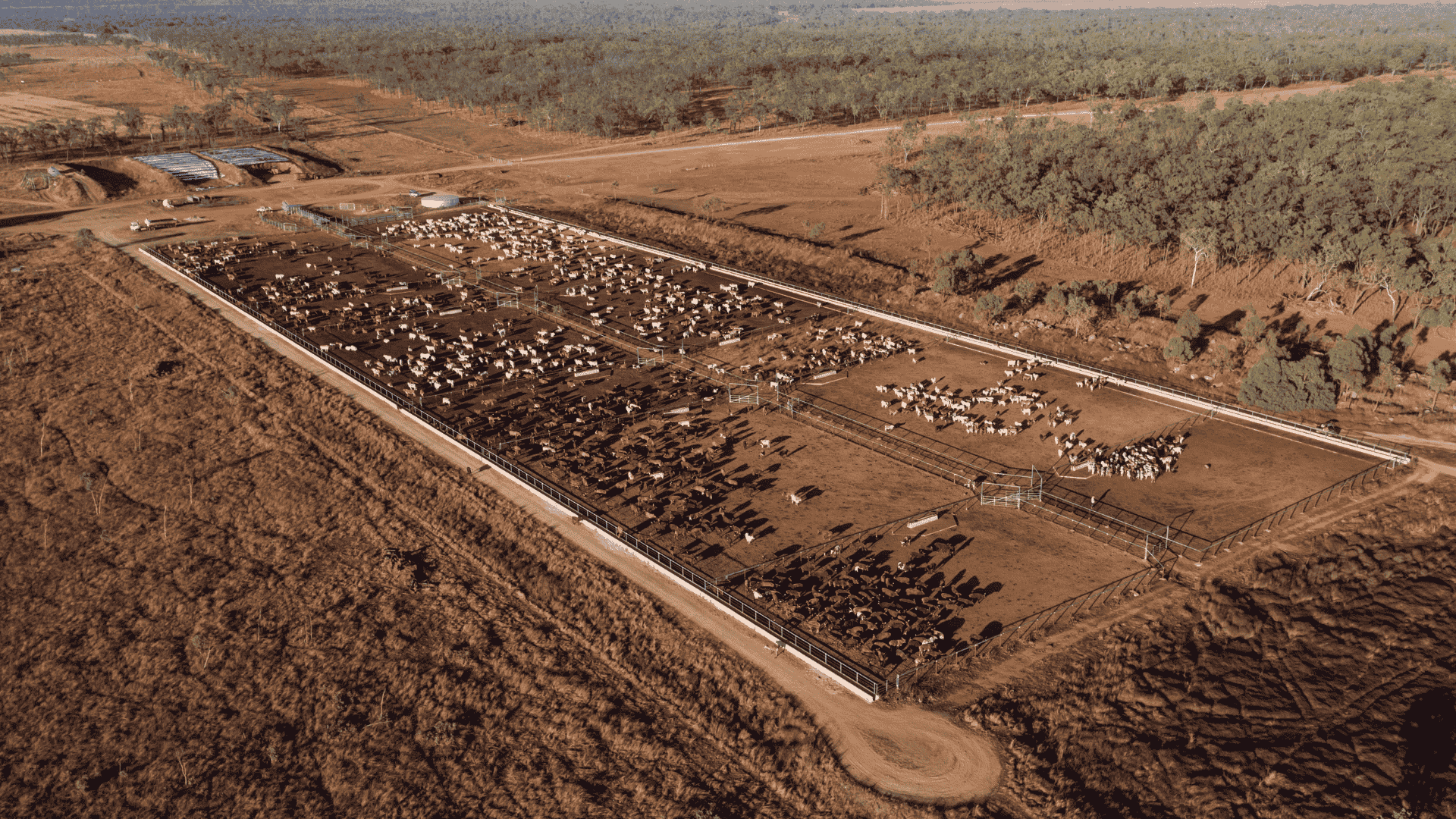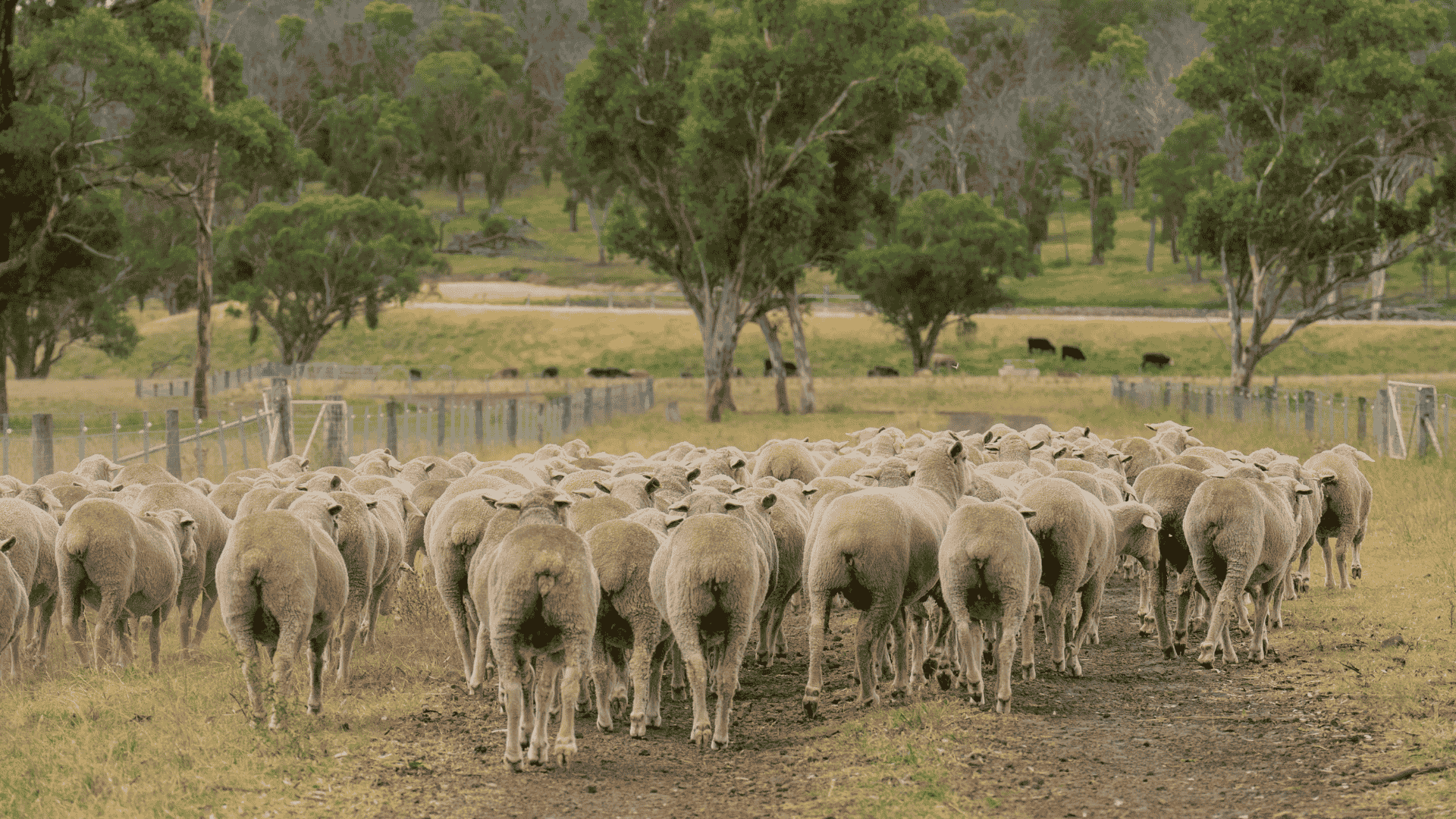Cattle prices lift on back of rainfall across south eastern Australia
There’s plenty happening in cattle markets at the moment, and as always, weather is sitting front and centre.

There's an urgent need to train more scientists in plant breeding to help maintain global food production levels, according to research from Australia's national science agency.
A lack of skilled scientists who specialise in plant breeding could lead to food insecurity, according to the joint paper between CSIRO, Lincoln University in New Zealand and McGill University in Canada.
Retiring experts and a lack of tertiary-qualified students are both contributing to the global shortage.
CSIRO scientist Lucy Egan, who led the study, said the research focused on Australia, New Zealand and Canada as they are known for their specific courses related to plant breeding.
Dr Egan said the skills shortage has been previously identified in the US as well, and could impact agricultural production worldwide.
"That's largely because they (plant breeders) develop new crop varieties that are tolerant for future climates," Dr Egan told AAP.
"There has been a reduction in recent decades of graduates training in plant breeding," she said.
Of the total number of survey respondents, just over half were aged 51 and above, highlighting a generational gap in the sector.
"What we're seeing is a whole generation of highly skilled plant breeding specialists who are now reaching retirement age, with a gap left as university graduates opt to focus on other areas of plant science," Dr Egan said.
"The implications of this shortage could be dire, including affecting global food security and the economies of different countries around the world, including Australia."
The paper found the skills shortage needs to be urgently addressed to maintain the current levels of agrifood, fibre and feed production.
Researchers also identified a need for a co-ordinated approach in the training of future plant breeders in the private and public sectors.
At Lincoln University, Rainer Hofmann said the situation is similar in New Zealand.
"Agricultural production plays such a key role for our country, so it's really important we start looking at strategies to slow this skills shortage," Dr Hofmann said.
"Our research looked at the current state of plant breeding across tertiary, government and industry sectors and found that decreasing skills in plant breeding will have flow-on effects for a wide range of agrifood and fibre sectors."
McGill University's Valerio Hoyos-Villegas said dedicated training facilities in different countries need to be set up.
"Due to the long-term nature and the variety of agricultural industries plant breeding serves, it is important that funding and research become a matter of priority," Dr Hoyos-Villegas said.

There’s plenty happening in cattle markets at the moment, and as always, weather is sitting front and centre.

Australia's grain fed beef sector continued to break records in the December quarter - with capacity, utilisation and numbers on feed exceeding...

The Australian Bureau of Statistics (ABS) released it’s quarterly ‘Livestock Products’ data and statistics on Friday. There is plenty of data to dig...